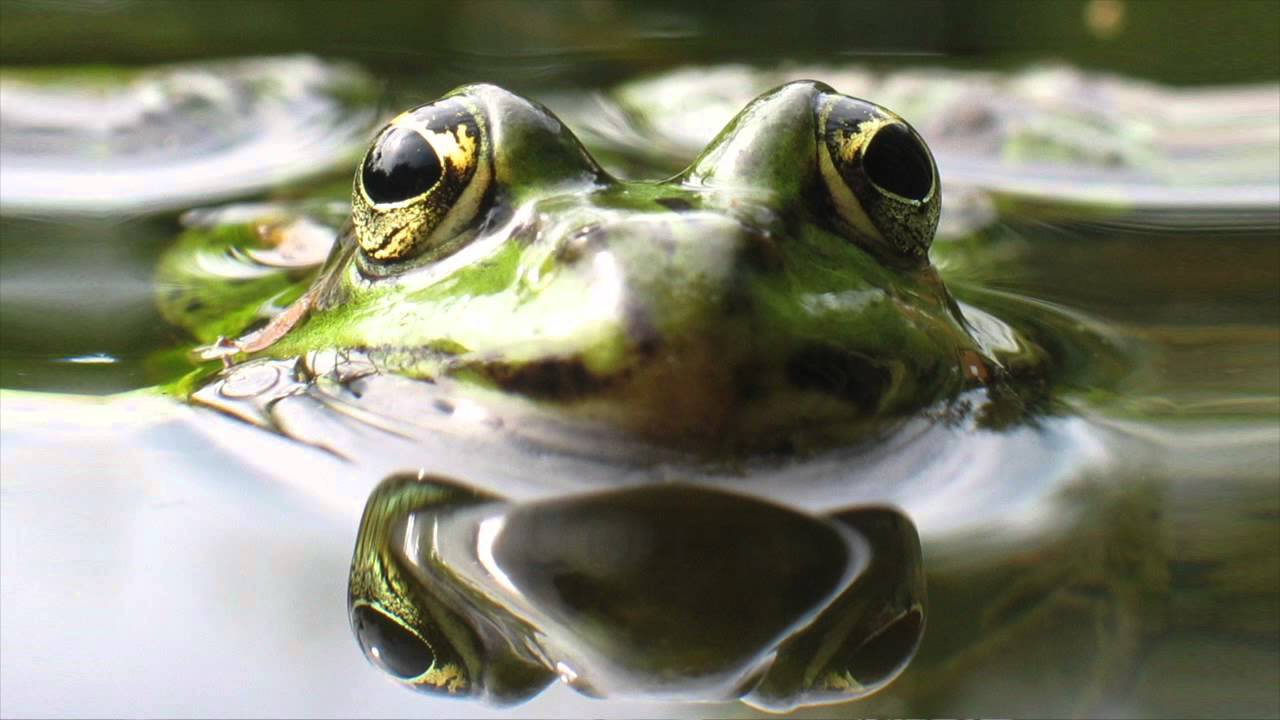Water is a precious commodity. Ask any frog. But we aren't the only ones who suffer when there's a lack of rain and consumption of this natural resource skyrockets. Everyone, and every living thing...save the cactus (and even they need a little)...depend on water to survive. Humans can go without food for as long as one to months, as long as they have water! Yet, for some reason, many humans fail to see the importance of protecting and conserving this precious and very necessary gift.
Most humans get their water from rivers and lakes, including the majority of the world's poorest people. But did you know that half of the world's most important rivers...water sources for hundreds of millions of people...are being seriously depleted or polluted? Forty percent of the rivers in the United States, for instance, are too polluted for fishing or swimming. Experts estimate that within the next decade, water shortages will be a fact of life for most people...and animals, too. Forests, grasslands, and wetlands are nature's water filters. They keep erosion and pollution from slipping into our water. Too, they slow down the rainfall so more of it goes into earth's underground supplies (aquifers). Here's the scary fact: every year humans lose 32 million acres of forests (12,949,940.552 hectares). Each of those acres represents a lost water filter. The crisis is real, it's happening, and it's getting worse!
But it can be helped...maybe even reversed...if everyone does their part.
Why we need to conserve and protect our water supply:
1. Every living thing needs water.
2. By utilizing basic water conservation techniques, each of us can save thousands of gallons of water each year. And when we conserve water, we also save money. It's a big win-win!
3. Protecting our ecosystem from further damage is critical, especially for the survival of many endangered species (frogs among them). Oceans, streams, and lakes are the lifeblood of the world's water supply. When they become depleted or polluted, everything suffers. Not only humans and animals, but it causes food prices to jump dramatically. Don't let others make our water supplies dumping grounds for their garbage and chemicals.
4. Conserving water also saves energy. Believe it or not, it takes energy to move water from one place to another. When you turn on your faucet, that water comes from somewhere...even if it's your own well. Pumps need energy to run. Using less water, requires these pumps to run less which, of course, saves energy. And, again, when you save energy you ultimately same money, too.
5. Water conservation reduces the occurrence of sinkholes. When the natural aquifer runs low, it leaves a gap where the water once was. Simple gravity pushes the ground downward since there is now a void. And that, my friends, causes devastating sinkholes that gobbles up everything that once was on top; humans, animals, homes, cars, etc.
Years ago, there was a television commercial that showed a water-wise owl who smartly told the viewers. "Give a hoot. Don't pollute." These words are even more important today. Please, especially during these dangerously hot and dry days of August, conserve water and don't use chemicals any where they might get into the water supply, like weed killers and fertilizers. Human and yes, frog and all animal life, depends on each of you doing your part.
So enjoy these glorious last few weeks of summer. Just watch your water consumption. Leave some for the rest of us, okay?

 RSS Feed
RSS Feed